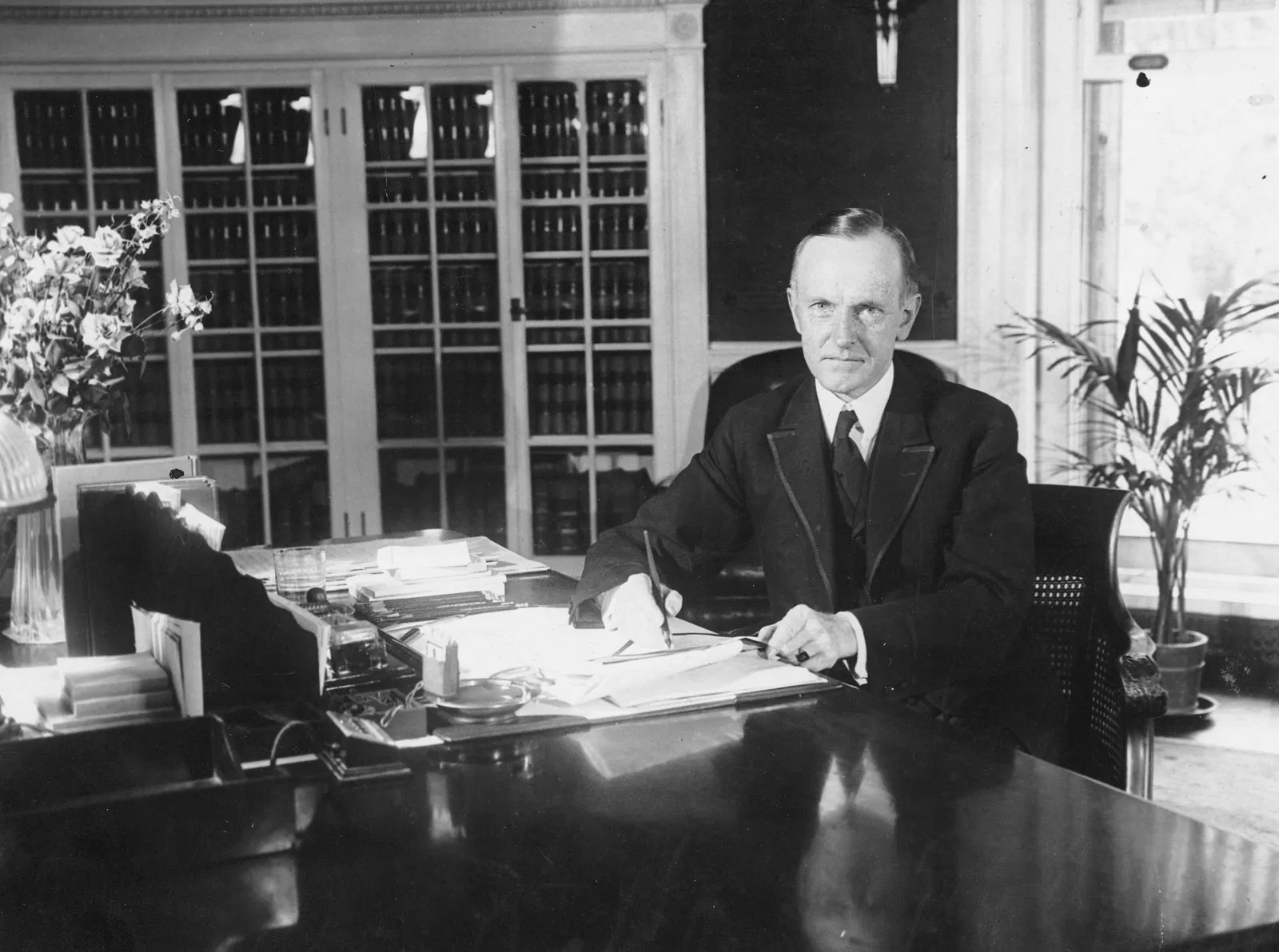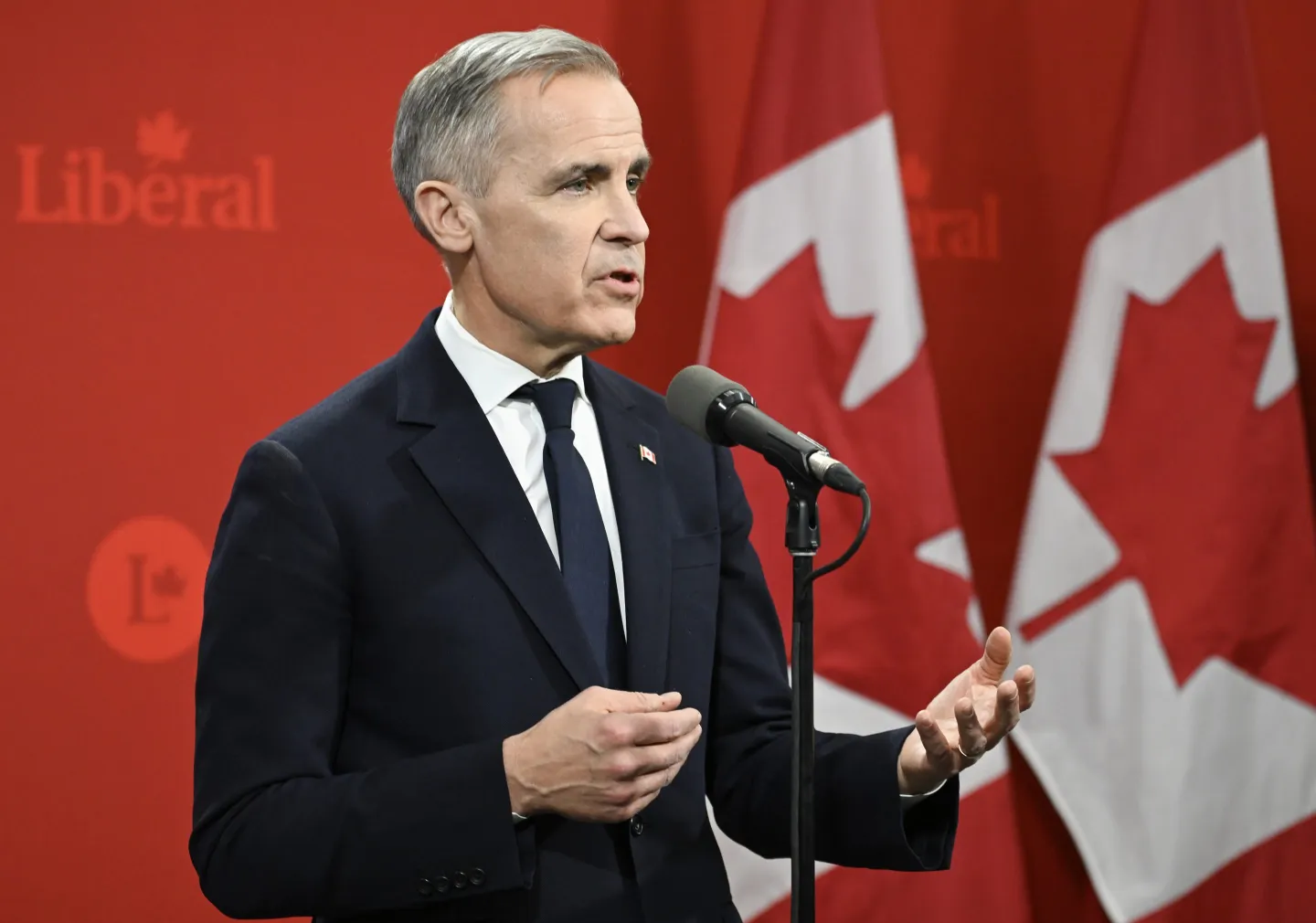Woodrow Wilson served as the 28th President of the United States from 1913 to 1921. Wilson’s tenure was marked by significant events and policies that shaped the future of the United States.
His legacy is a complex one, with notable achievements in international relations and domestic policy, as well as criticisms regarding his stance on race relations and civil liberties.

Here are some key points about his presidency and legacy:
- Early Life and Career: Thomas Woodrow Wilson was born on December 28, 1856, in Staunton, Virginia. He grew up in the South during the Civil War and Reconstruction eras. Wilson studied law and earned a Ph.D. in political science. He served as President of Princeton University and Governor of New Jersey before becoming President.
- Election of 1912: Woodrow Wilson won the presidency in the 1912 election as the nominee of the Democratic Party. He ran on a progressive platform, advocating for antitrust legislation, banking reform, and tariff reduction.
- Domestic Policies: Wilson’s domestic agenda, known as the New Freedom, aimed to reform the economy and promote social justice. He signed into law the Federal Reserve Act, which established the Federal Reserve System to regulate the nation’s banking and monetary system. Wilson also supported the Clayton Antitrust Act, which strengthened antitrust laws, and the Federal Trade Commission Act, which created the Federal Trade Commission to oversee fair business practices.
- Progressive Reforms: Wilson championed progressive reforms such as labor rights, women’s suffrage, and child labor laws. He endorsed the 19th Amendment, which granted women the right to vote, and supported legislation to improve working conditions and protect workers’ rights.
- Foreign Policy: Wilson’s foreign policy was defined by his vision of promoting democracy and peace on the global stage. He pursued a policy of “moral diplomacy,” which aimed to advance American ideals and support democratic governments abroad. Wilson famously outlined his Fourteen Points for peace in a speech to Congress in 1918, advocating for principles such as self-determination, free trade, and disarmament.
- World War I: Wilson initially kept the United States neutral during World War I but ultimately led the country into the conflict in 1917 after Germany’s unrestricted submarine warfare and the discovery of the Zimmermann Telegram. He sought to make the world “safe for democracy” and played a key role in the negotiations that led to the Treaty of Versailles and the establishment of the League of Nations.
- Legacy: Woodrow Wilson’s presidency left a lasting impact on American politics and international relations. His progressive reforms transformed the role of the federal government in regulating the economy and promoting social welfare. Wilson’s vision of international cooperation and collective security laid the groundwork for institutions such as the United Nations. However, his record on issues such as race relations and civil liberties has been the subject of criticism and controversy.
Overall, Woodrow Wilson’s presidency was marked by ambitious reforms at home and a commitment to promoting democracy and peace abroad, making him one of the most influential figures in American history.


